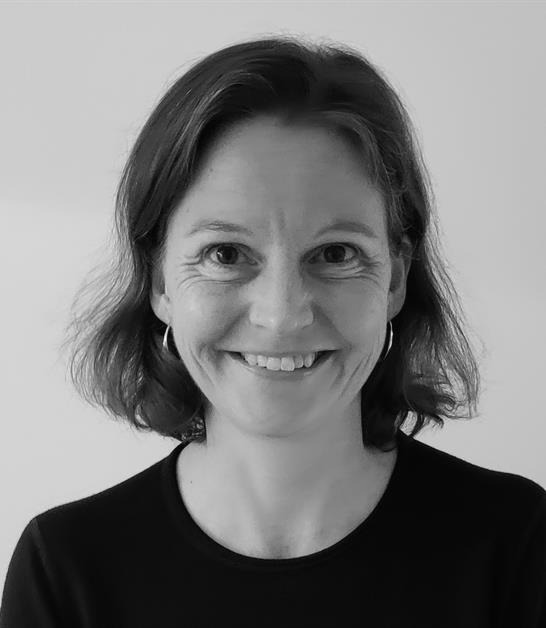Ane Fisker also coordinates research project to assess the measurement techniques of demographic health surveys and population censuses, which rely on retrospective data collection. She is comparing the accuracy of these data against longitudinal surveillance. Through such analyses, Professor Fisker aims to identify gaps in current measurement methods shaping global approaches to monitoring child mortality and assessing the impact of health interventions.
Throughout her career, Professor Ane Fisker has used a variety of research approaches and methods, with a strong focus on quantitative data. These methods include cohort studies and randomised trials with longitudinal follow-up through the health and demographic surveillance system. In addition, qualitative data is sometimes integrated to provide deeper insights.
Professor Ane Fisker's journey into global health began during her medical studies, when she spent a research year in Africa - a formative experience that shaped her career. Motivated by a strong desire to improve health and promote global equity, she has worked in with global health since after graduating. Ane has a deep passion for fieldwork, where she can combine theory with practice. Being on the ground gives her a clearer understanding of the realities faced by the populations she works with and ensures that her assumptions are well informed. She finds the direct link between real-time data and first-hand observation to be one of the most fulfilling aspects of her work. She also finds it rewarding and challenging to use real-world evidence to drive improvements in health programmes.
The Sustainable Development Goal (SDG) relevant to Professor Fisker's research is SDG 3. Universal Health Coverage also has a strong influence on her work, which can be measured through several indicators as part of the SDGs.
Professor Ane Fisker sees many ongoing initiatives aimed at expanding interdisciplinary and transdisciplinary collaboration with students and young researchers as exciting opportunities for the future – not only between different universities, but also across academic disciplines. She also sees great potential for collaboration with international colleagues on the Bandim Health Project, where innovative ideas and meaningful contributions are welcome.
